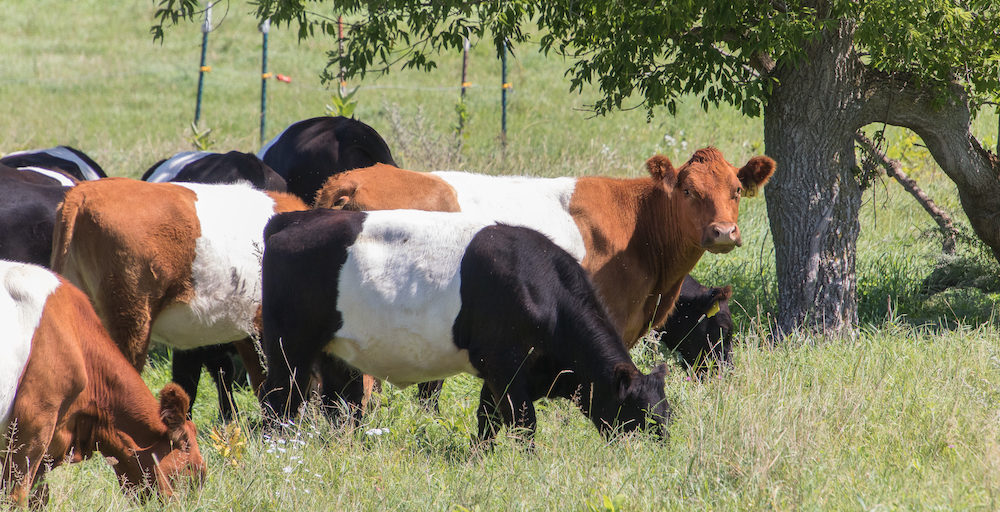America’s farmers are getting older. In fact, the average age is about 57 years old. It’s an age at which many American workers look forward to retirement – putting long commutes, desk jobs, office politics, or hard work at a factory behind them.
Retirement, when you’re a farmer, looks significantly different because it is often a 24-hour-a-day preoccupation. It’s not only where you work, it’s where you live all day, every day. It is very much about soil under your nails, wind in your face, animal sounds (and smells) in your head. It’s about decades of caring for land and water, and scheduling your activities and life’s events in accordance to the seasons. How do you shift away from that? Or, how do you try to reduce some of the labor while staying in your home, the farm house?
Given that most health insurance in America is tied to off-farm jobs, how do you, a retiring farmer, afford health care? And what will you do about taxes?
And how do you transfer land to the next generation already struggling with student loans??
These challenges, and opportunities, are the focus of two Deep Roots Radio interviews with Karen Stettler, Farm Beginnings Program Organizer for the Land Stewardship Project (LSP). Founded in 1982, LSP is a private, nonprofit that promotes stewardship for farmland, sustainable agriculture, and sustainable communities.
I hope you enjoy the interviews. Part 1 describes the challenges, and Part 2 describes an upcoming 3-part course to help farmers identify and begin to address key issues for this life – and land – change.

